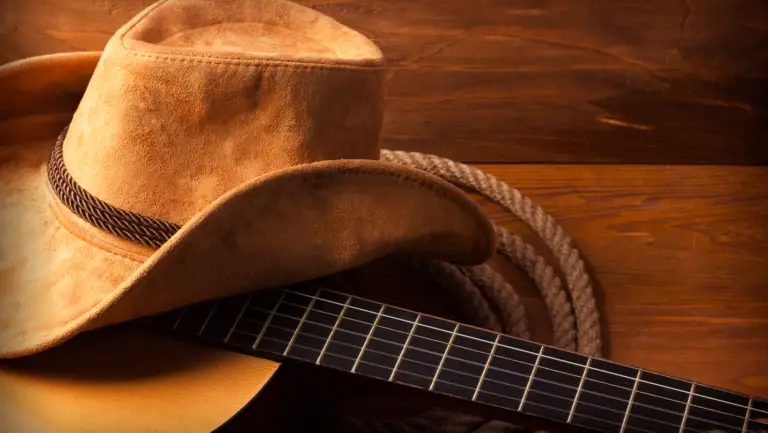Ever pondered the question ‘What Is My Nephew’s Kid to Me’? Our article explores the family ties that connect us to our extended relatives, bringing clarity to your familial network.
Exploring Family Connections

When you’re piecing together your family tree, understanding how you’re related to your nephew’s child can be intriguing. This child is commonly referred to as your great-niece or great-nephew. These titles stem from the generation difference between you and them.
Relationships in families are about blood ties and lineage. As this great-niece or great-nephew is a direct descendant of your sibling, your common bloodline extends from your shared ancestor. This can often be your parent or grandparent.
The concept of consanguinity (blood relation) is useful here. It solidifies the connection between different branches of a genealogy. Here’s a quick reference to clarify these connections:
- Direct Lineage:
- You → Sibling → Nephew/Niece → Great-Nephew/Niece
- Common Ancestor:
- Your Parent (Nephew/Niece’s Grandparent)
A family relationship chart can help visualize these links. It shows the step-by-step blood connections across generations.
Remember, tracing your genealogy isn’t just about names and faces; it’s discovering the weave of relationships that binds your family together. Embracing the depth of these connections can enrich your understanding of your family’s story.
Identifying Degrees of Kinship
When you are trying to figure out the kinship term for your nephew’s child, you are navigating a family tree that extends beyond your immediate relatives. Grasping these relationships is crucial for understanding your extended family connections.
Defining Second Cousins and Beyond
Your nephew’s kid is your grandniece if you are his aunt, or grandnephew if you are his uncle. While second cousins share the same great-grandparents, third cousins share the same great-great-grandparents. For example, your parent’s cousin would be your first cousin once removed, and their child would be your second cousin.
Understanding Direct Lineage
In direct lineage, we have parents, grandparents, and great-grandparents ascending, and children, grandchildren (grandsons and granddaughters), and great-grandchildren descending. A grandchild is directly descended from grandparents. Your grandnephew or grandniece falls here too, as they are your sibling’s grandchildren.
Extended Family Terms
Your extended family includes aunts, uncles, great-aunts or grandaunts, grand-uncles or granduncles, and your cousins. Your cousin’s child is your first cousin once removed, and their grandchild is your first cousin twice removed. If you have any confusion about terminology, a family relationship calculator can be a helpful tool.
Navigating Consanguinity
Consanguinity refers to blood relatives with whom you share a common ancestor. This includes your siblings, parents, and any cousins. Understanding consanguinity helps clear up confusion about how closely related you are to various family members.
Clarifying Marriage Connections
Family connections through marriage, such as sister-in-law or brother-in-law, do not alter the kinship of blood relatives. For example, your spouse’s niece or nephew is not your niece or nephew by blood, but by marriage. Similar to parents-in-law, these terms signify relation through marriage rather than direct bloodline.
How to Determine Your Nephew’s Child’s Relation to You

Unraveling family ties can seem challenging, but with the right tools and understanding, you can easily identify how you are related to your nephew’s child.
Immediate Family Ties
Your nephew’s child, whether a boy or a girl, is commonly referred to as your great-niece or great-nephew. This is because two generations are separating you from them. The definition here hinges on the understanding of immediate family ties, which extend beyond just parents and siblings to include members of the extended family as well.
Distinguishing Between Generations
When determining relationships, it’s crucial to consider the generations involved. The term great is added to your title as an aunt or uncle to signify that an additional generation lies between you and the child in question. For instance:
- Your sibling’s child is your niece or nephew.
- Your niece or nephew’s child (your sibling’s grandchild) is your great-niece or great-nephew.
To clarify further:
- You are a generation below your sibling.
- Your niece or nephew is one generation below them.
- And your great-niece or great-nephew is another generation below your niece or nephew.
These relationships form a vertical column in a typical family tree, spanning downward through the generations. In contrast, cousins are found in the same generation but stem from different offshoots (or horizontal rows) of the family tree, originating from shared great-grandparents. In essence, your nephew’s child would be your child’s second cousin.
Frequently Asked Questions
When figuring out family relationships, it can be a bit confusing. This section clarifies exactly how you’re related to your nephew’s children and what you might call each other.
What relation is my nephew’s daughter to me?
Your nephew’s daughter is your grandniece. In your family tree, she is one generation below your nephew.
What do you call your nephew’s child?
You can call your nephew’s child either a grandniece or a grandnephew, depending on their gender.
What is the proper term, great nephew or grand-nephew?
The term “grandnephew” is the more traditionally accurate term for the son of your nephew or niece, while “great nephew” is a common misnomer.
What should my grand nephew call me?
Your grandnephew may call you “great aunt” or “great uncle,” echoing the convention of addressing a generation one removed.
Am I considered a great aunt or uncle to my nephew’s child?
Yes, you are considered a great aunt or uncle to your nephew’s child in English-speaking cultures.
How is my sister’s son’s son related to me?
Your sister’s son’s son is your great-grandnephew, as he is the child of your nephew.






